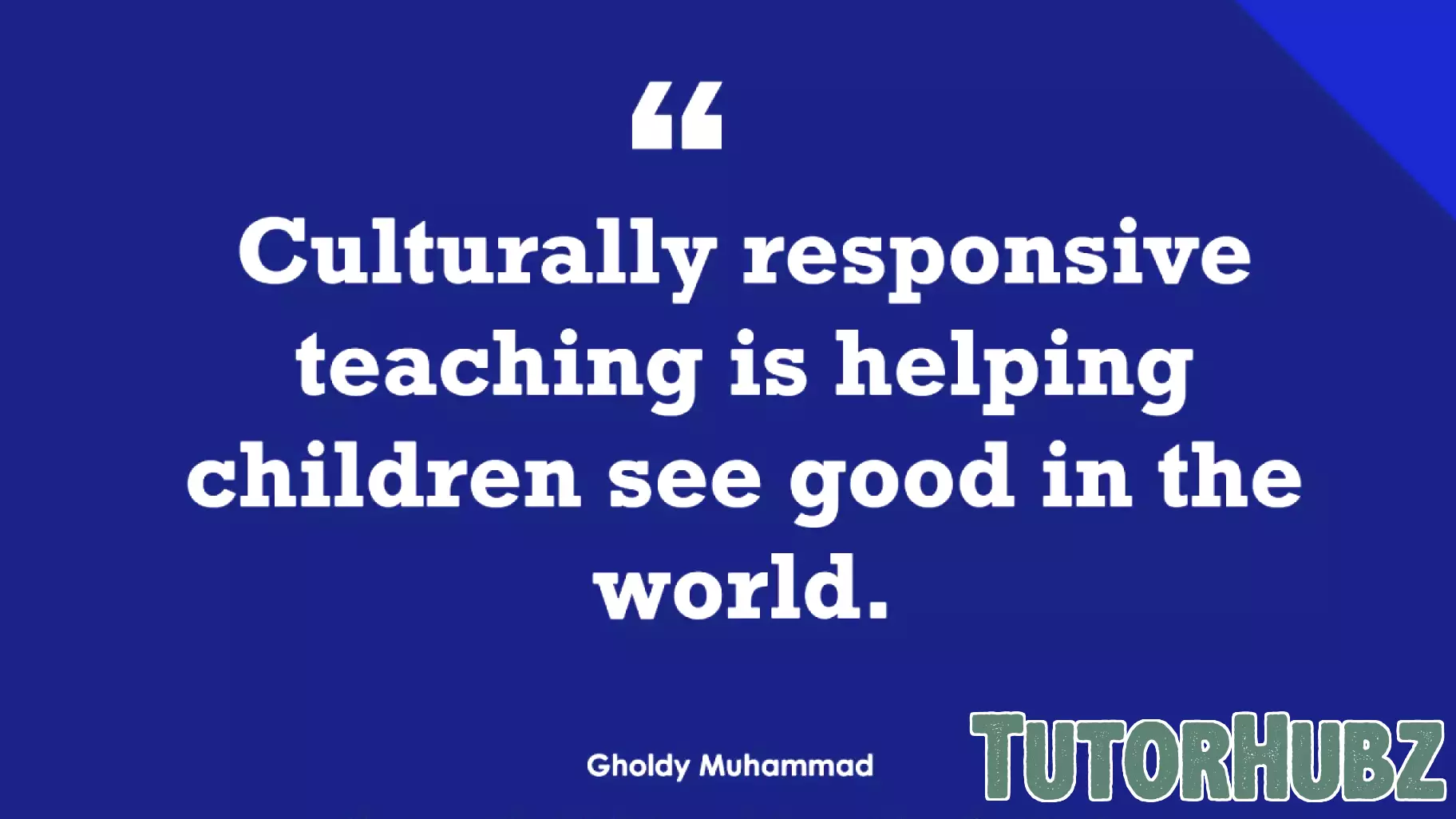Understanding Culturally Responsive Teaching: Clearing Up Misconceptions
November 26, 2024 - 22:06

If you're confused about what culturally responsive teaching means, here is guidance from educators on how to avoid common misconceptions. Culturally responsive education focuses on recognizing and honoring the diverse backgrounds of students, integrating their cultural references into the learning process.
It is essential to differentiate culturally responsive teaching from critical race theory (CRT). While CRT examines the impact of systemic racism on society and institutions, culturally responsive teaching aims to create an inclusive classroom environment that respects and values all students' identities.
Educators emphasize the importance of adapting teaching strategies to meet the varied cultural needs of students. This approach enhances student engagement, fosters a sense of belonging, and promotes academic success. By acknowledging and incorporating students' cultural contexts, teachers can better connect with their students and facilitate deeper learning experiences.
To effectively implement culturally responsive teaching, educators are encouraged to reflect on their own biases, seek to understand their students' cultures, and create curriculum materials that resonate with a diverse student body. This practice not only enriches the educational experience but also prepares students to thrive in a multicultural society.
MORE NEWS

March 3, 2026 - 03:44
Statehouse roundup, 3.2.26: JFAC reverses cuts for community colleges and CTEIn a significant reversal, Idaho`s Joint Finance-Appropriations Committee voted Monday to reinstate funding for the state`s community colleges and Career Technical Education programs. The decision...

March 2, 2026 - 19:40
Les Perelman, expert in writing assessment and champion of writing education, dies at 77Les Perelman, a passionate and influential figure in writing instruction, has died at the age of 77. A longtime faculty member and former dean at MIT, Perelman dedicated his career to advocating...

March 2, 2026 - 05:32
Schools transition to distance learning amid ongoing missile fire from IranIn response to the ongoing security situation, educational institutions across significant portions of the country are shifting to distance learning models. This decisive move comes as authorities...

March 1, 2026 - 13:30
Opinion: Mentors matter in education and work because success is rarely a solo actIn San Diego, the question is not whether mentorship matters, but whether we take responsibility for sustaining it in education and work afterward. True success is rarely a solo act; it is often a...